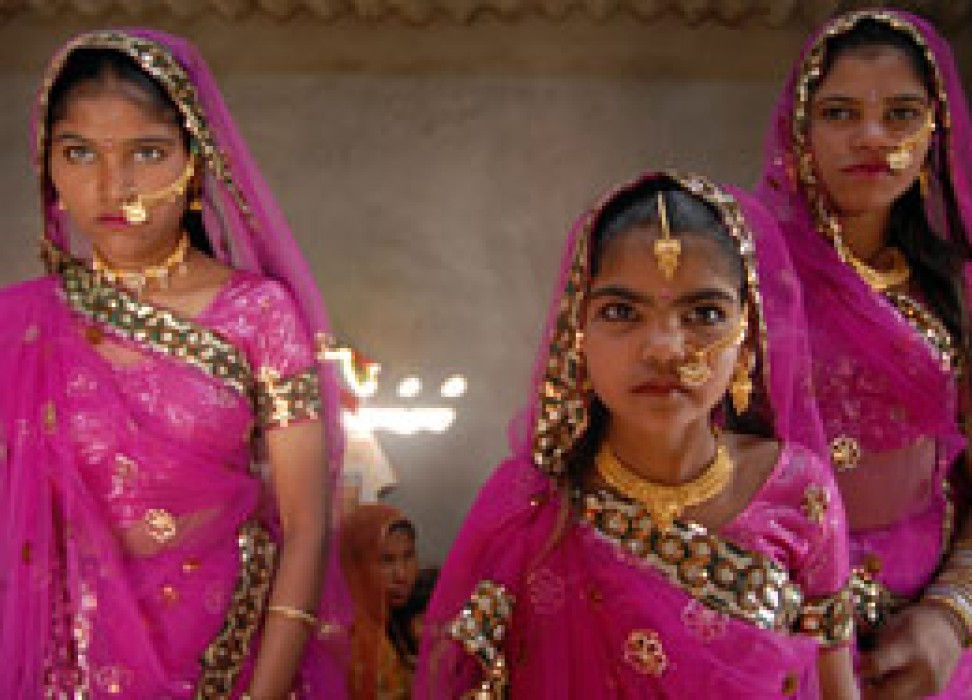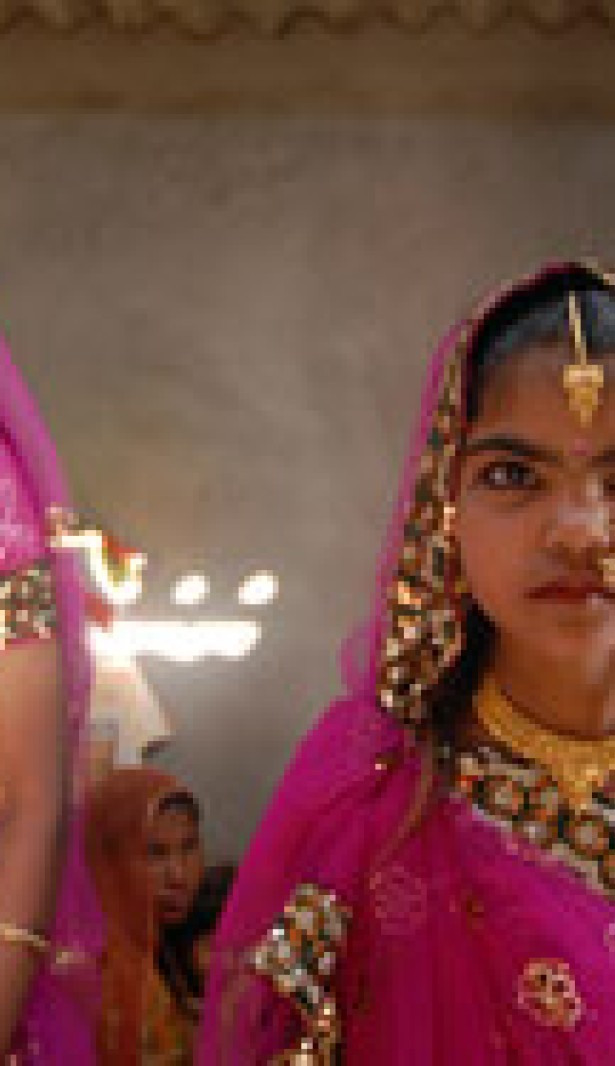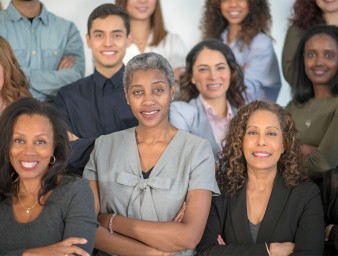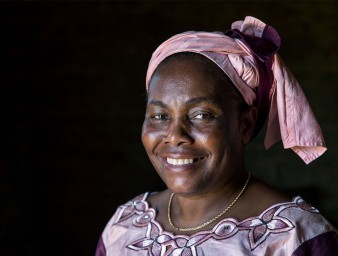Ending forced marriage worldwide
21 November 2013

For millions of girls and women worldwide, marriage is not the celebration of the union between two adults, but instead is an imposed decision, often resulting in an inability to pursue an education.
Helen was married at age 15 to her husband, Jade, who was 50 years old, and said she would have chosen school over marriage, but her family was unable to afford school fees in South Sudan. At 15 years old, Helen survived a five day labor. Helen is one of the fortunate young girls to have survived childbirth, as girls 15 years old and younger are five times more likely to die in childbirth than girls in their 20s.
This was a story highlighted during Switzerland’s first annual Anti-Human Trafficking Week in Geneva, an event recently organized by the Swiss Federal Department of Foreign Affairs, in cooperation with the UN Human Rights Office, the International Labour Organization, the International Organization for Migration, and the UN High Commissioner for Refugees to raise awareness of forced marriage, as well as other forms of human exploitation.
At the event, the UN Human Rights Office highlighted that although forced marriage is more prevalent in the developing world, particularly in Africa and Asia, it is a global problem, cutting across countries, cultures, religions and ethnicities.
Switzerland has not remained unaffected. In the past two years, around 1,400 young women in Switzerland have been forced to marry, end a relationship or divorce, according to a study by Neuchâtel University for the Federal Migration Office of Switzerland. Often times, the women depended on their husbands financially, as well as for their legal status as residents in the country, the study concluded.
According to the UN Population Fund, when a child bride is abused by her husband, she often has no choice but to suffer it, due to the fact that child brides are often completely dependent on their husbands.
To conclude the Anti-Human Trafficking Week, a public exhibition was organized to raise awareness of several issues, including forced marriage. The UN Human Rights Office’s stand illustrated the issue of forced marriage for girls in the developing world, stating that 1 in 7 girls is married before her 15th birthday; some as young as eight or nine, putting them at increased risk of injury or death from child birth, poverty, HIV/ AIDS and domestic violence.
"I was given to my husband when I was little and I don’t even remember when I was given because I was so little. It’s my husband who brought me up," said Kanas from Ethiopia during an interview for the campaign “Too Young to Wed”.
In addition to the Swiss Anti-Human Trafficking Week, the UN Human Rights Office is supporting the transmedia campaign, “Too Young to Wed” to raise awareness of child marriage, support girls who are already married and, ultimately end the practice all together, sparing an estimated 142 million more girls over the next decade the same fate.
The exhibition of documentary photography and videos on the global issue of child marriage will be held in Geneva in March 2014. This event will coincide with the 25th session of the Human Rights Council and International Women’s Day. These two cornerstone dates will ensure high visibility for the award-winning exhibition, which has received glowing reviews.
The UN Human Rights Office, at the request of the Human Rights Council, will also be submitting a report to the Council on the issue of early and forced marriage. The findings of the report will be discussed at the at the Human Rights Council’s 26th session.
This story is published in the framework of the 16 Days of Activism Against Gender-Based Violence, which runs every year from 25 November (the International Day for the Elimination of Violence Against Women) to 10 December (Human Rights Day). The international campaign, originating from the first Women's Global Leadership Institute sponsored by the Center for Women's Global Leadership in 1991, calls for the elimination of violence against women and invites everyone to take action against it.
2013 marks the 20th anniversary of the World Conference on Human Rights, which led to the adoption of the Vienna Declaration and Programme of Action and the establishment of a High Commissioner for Human Rights. Its creation gave a new impetus to the recognition of human rights principles which has seen fundamental progress in the promotion and protection of human rights.
Women’s rights are now acknowledged as fundamental human rights. Discrimination and acts of violence against women are at the forefront of the human rights discourse.
The Convention on the Elimination of All Forms of Discrimination against Women (CEDAW) came into force in 1981 and its Committee was established in 1982. The Convention, often described as an international bill of rights for women, has almost achieved universal ratification. An Optional Protocol to the Convention was adopted in 1999.
21 November 2013




